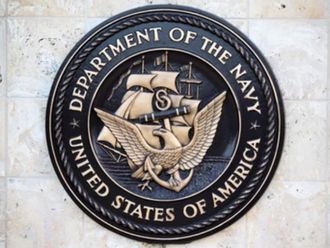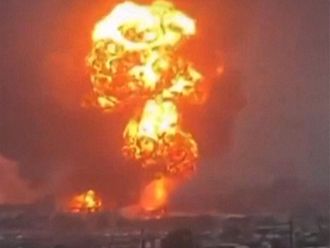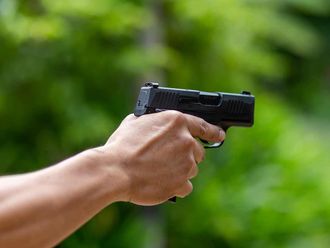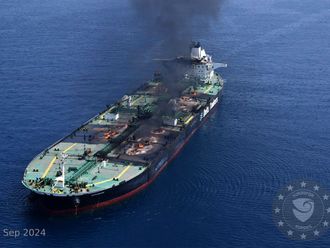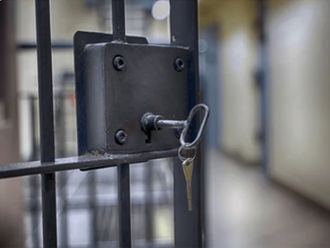Sana’a: Yemen Yemen’s president stripped an investigative committee of responsibility for a probe into a bombing that killed 10 police cadets last week after the panel misidentified the bomber, the Interior Ministry said on Friday.
The ministry said the committee, headed by the country’s intelligence chief, incorrectly named the attacker in Wednesday’s blast as Mohammad Nasher Al Uthy and said he was as a member of Al Qaida’s Yemeni branch. It retracted that report Friday and said the body of the bomber had not yet been identified.
The committee leading the initial investigation was headed by Ali Mohammad Al Anisi, the intelligence chief and a close associate of former President Ali Abdullah Saleh. After the mistaken identity was discovered, Saleh’s successor, President Abd Rabbo Mansour Hadi, tasked Interior Minister Abdul Qader Qahta with spearheading a new investigation into the bombing.
The decision appeared to be motivated by suspicions - widely held by Yemen’s opposition - that Saleh loyalists are working to undermine the new government.
The family of the man originally identified as the bomber told Yemeni media that their son was a driver who routinely drove cadets home from the Police Academy for their weekends off and that he had no affiliation to al-Qaida in Yemen.
In a statement, opposition parties in Yemen accused elements of Saleh’s ousted regime of conspiring with those responsible for the bombing, alleging that loyalists “are planning and carrying out attacks under the cover of Al Qaida.” They provided no evidence to support their accusations.
Newspapers aligned with the former ruling party, in turn, accused the new national unity government of failing to restore security and stability. Saleh, who ruled Yemen for more than three decades before being pushed from office early this year by a mass uprising, had warned that without him security in the country would collapse.
Al Qaida in the Arabian Peninsula, considered the global terror movement’s most dangerous offshoot, claimed responsibility for a May 21 bombing at a parade ground in Sana’a that killed 96 Yemeni soldiers.


